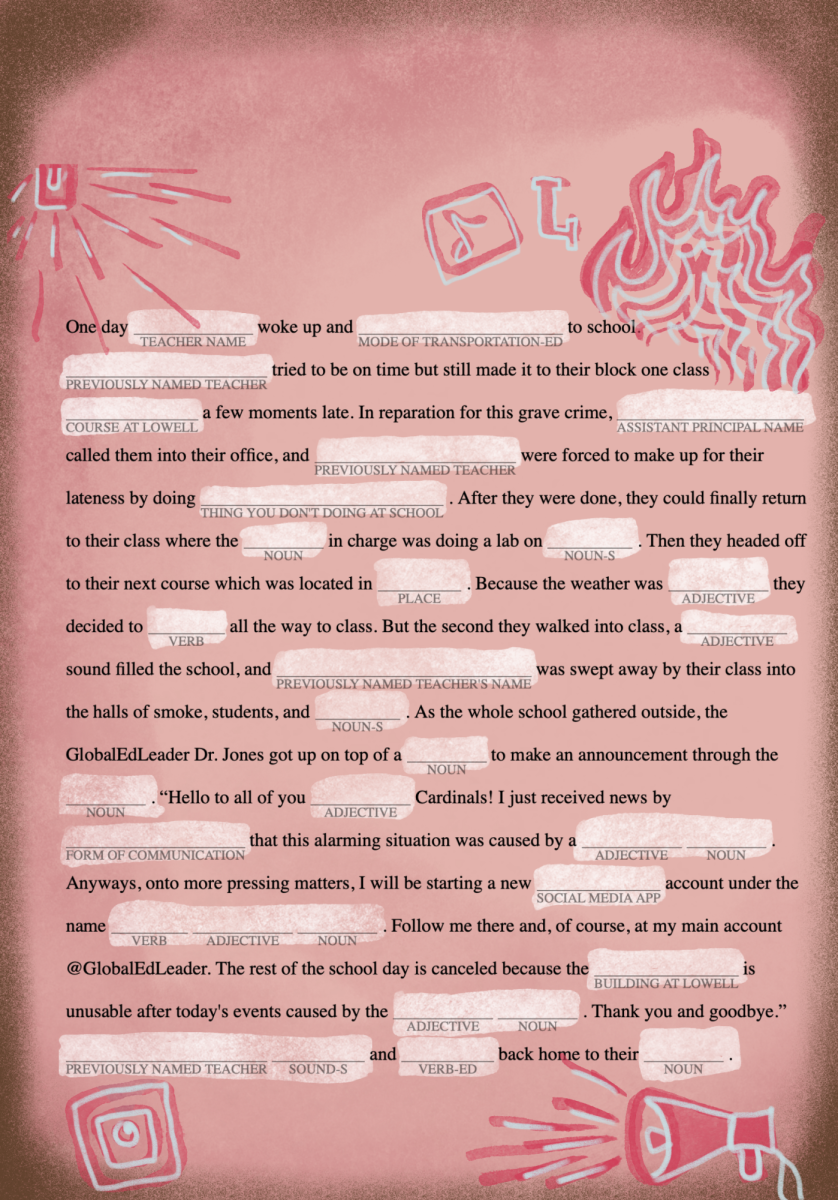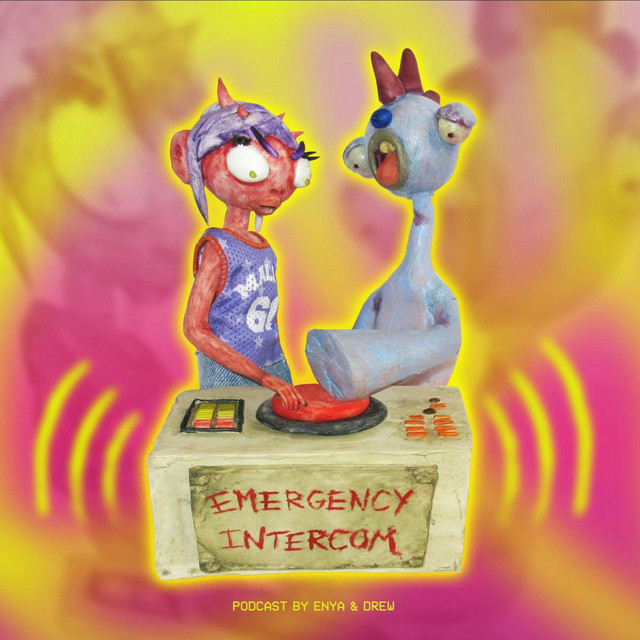“Country music sucks.” Not a hot take to many, but an incorrect statement nonetheless. Because country music is historically associated with southern states and right-wing politics, it is commonly referred to as “redneck” music – a stereotype which fosters hate towards it. While some artists and songs do align with these values, this narrow view of country music takes away from its legitimacy as an art form, devaluing country artists and musicians – such as Zach Bryan.
At first glance, one may discard Bryan’s August 2023 self-titled release as just another ode to America, God, and whiskey. But Bryan shares deeper messages beyond those ideas. “Zach Bryan” serves as a perfect example of country music that extends past the preconceived “redneck” stereotype, tying country motifs like drinking, patriotism, and small towns with universal messages about longing, regret, and individuality.
The first song, “Overtime,” its intro being an interpolation of “The Star-Spangled Banner,” seems to reinforce negative patriotic stereotypes of country music. But later in the song, Bryan reflects on his grandfather’s encouragement to stay true to his own opinions as he sorts through a swamp of controversy. Alluding to his rejection of the classic Nashville country music scene and his defense of the transgender community following Bud Light’s partnership with LGBTQ+ activist Dylan Mulvaney, Bryan reinforces his values despite hate from his own audience that say “Your songs sound the same, you’ll never make a name for yourself,” showing a resiliency that reappears consistently throughout in the album.
In “East Side of Sorrow”, Bryan delves into his upbringing, which was filled with despondency . He projects resentment in the first two verses, describing his trauma from losing many friends during his eight years in the Navy, singing, “I lost friends in the August heat/ At night it was God I’d always meet/ I said, “Lord, won’t you bring me home?” Bryan returns home and soon loses his mother, bitterly asking “God where He’d been.” Although the song carries a strong religious theme with the title alluding to the Biblical story of Cain and Abel, Bryan subverts conservative Christian stereotypes that country music is often mocked for. Reflecting on his anger with God about the tragedies in his early life, Bryan realizes that in order to move on from pain, he has to be willing to forgive those he blames for causing it.
Overall, Bryan’s recent album uses stereotypical country motifs to explore more universal themes, setting Zach Bryan apart from the common, one-dimensional perception of country music.


















